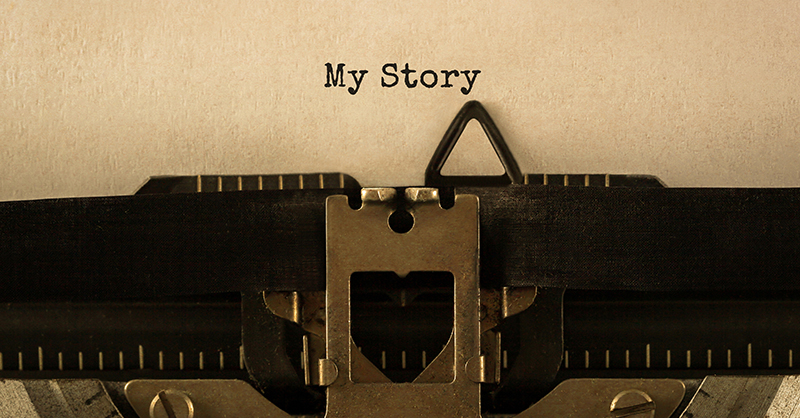If you’re looking to learn from a health professional’s experience, you may turn to a peer, a podcast or a book. Written memoirs by those in the health care field provide insight into their lives as well as the lessons they learned on the job. Below, we’ve shared some of the interesting memories and experiences from three books, Awakenings, Sometimes Amazing Things Happen and Working Stiff.

Awakenings
Neurologist Oliver Sacks wrote this memoir in the 1970s, reflecting about his time trying to assist patients with encephalitis lethargica in the 1960s. The epidemic had left patients catatonic and unable to communicate, react or move. Through research and observation, Dr. Sacks tries to find a way to create an “awakening” within them. The memoir was so popular that it was made into a critically acclaimed film in 1990. If you’re interested in learning more about Dr. Sacks’ contributions, there is plenty of material you can read, listen to and watch. Prior to his death in 2015, he was a frequent guest on the popular podcast Radiolab and wrote several books detailing his observations of his patients and himself.
Sometimes Amazing Things Happen
In this memoir, Elizabeth Ford, the chief of psychiatry for correctional health services in New York City, shares her story. Ford started out as young forensic psychiatrist on Rikers Island, New York City’s main jail complex and home to some of the most notorious and violent criminals of the city. She is tasked with working with men suffering from mental illness and the mistreatment of the prison system. Through her writing, readers experience her hours with men who are broken, violent and alienated and then experience their progress through each visit. While there’s much darkness on the island, Dr. Ford is armed with the compassion needed to give humanity to the patients, even if they have been convicted of crimes.
Working Stiff
In Working Stiff, forensic pathologist Judy Melinek recalls her experience in the field, from months of training in Los Angeles to her on-the-job experience during a national crisis. Dr. Melinek bursts the dramatization bubble of shows like CSI or Bones and details daily occurrences in the profession — no glitz, no glamour. Despite the bleak nature of her career, she remains enthusiastic and engaged with the career she has chosen. Her work may be gruesome, but she enjoys making a difference for those who have lost loved ones.
There are hundreds, if not thousands of medical memoirs that can be found in libraries, in bookstores and online. Have a favorite? Let us know in the comments below.
